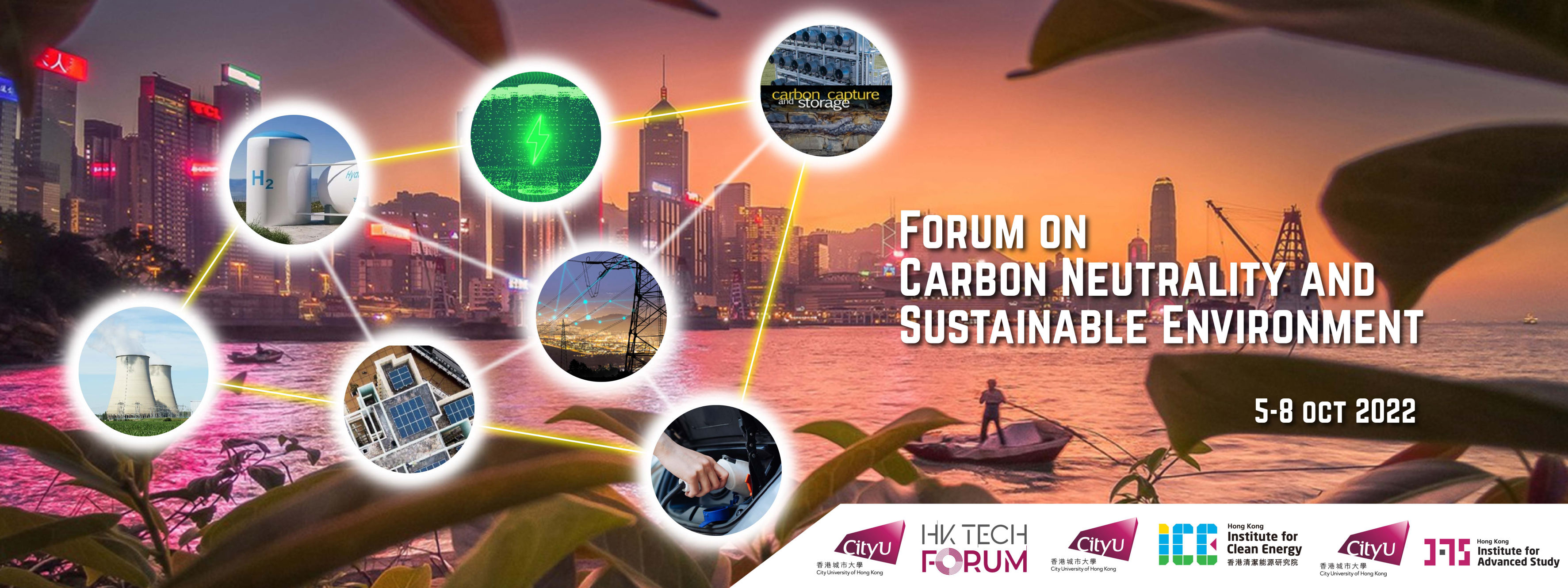Invited Speaker
Biography
ZhongXiang Zhang is the founding dean and a distinguished university professor at the Ma Yinchu School of Economics, Tianjin University and Director of China Academy of Energy, Environmental and Industrial Economics, China. He is co-editor of Environmental Economics and Policy Studies, and serves on the editorial boards of ten other international journals including Climate Policy; Energy Policy; Environmental Science and Policy; and International Environmental Agreements: Politics, Law and Economics. He is a Fellow of Asia and the Pacific Policy Society, Australia, and is on the Scientific Council of Paris-based IDDRI, Sciences Po. He authored and edited 22 books and special issues of international journals, authored over 200 publications in English, and is among the top 20 authors from Chinese universities in all branches of social sciences based on the first-authored articles in key international journals over the 54 years. His paper is selected as the Top 20 papers ever published in the journal Climate Policy over the past 20 years. He is consecutively among the World’s Top 1% Scientists based on either career-long impact or single year impact rated by Stanford University, and is consecutively ranked the 4th most cited scholar inside China in the field of economics, econometrics and finance. He served as an expert to many national and international organizations including UNCTAD, European Commission, North American Commission for Environmental Cooperation, ADB, OECD, IEA and WB, delivered eight keynotes at the International Association for Energy Economics conferences, and made the original contributions to a number of long-term goals and strategies that China has implemented, including the carbon intensity target for 2020, capping carbon emissions around 2030, and the establishment of the belt and road initiative. He began his career at the Beijing-based National Development and Reform Commission in 1980s, was a senior fellow at East-West Center, Honolulu (2001-12), and was a “Fudan Distinguished Professor” and chairman at School of Economics, Fudan University, Shanghai (2012-15). He received a Ph.D. in Economics from Wageningen University, Holland.
China’s National Carbon Market: Development, Evaluation and Prospects
ZhongXiang Zhang1,2
Abstract
China’s commitment to carbon neutrality before 2060 came as a complete surprise to both international and Chinese communities. To achieve both carbon peak and carbon neutrality requires huge capital investment in the field of renewable energy, cross-regional power transmission, advanced energy storage, charging stations and hydrogen refueling stations in the transportation field, end-use electrification, green buildings, and energy saving and emission abating. A variety of studies project different outcomes, but all the forecasts for required investment exceed CNY 100 trillion over the next 40 years. Government finance can only cover a small portion of such a huge scale of investment, and the significant gap must be made up by social capital, which must be guided by market-oriented approaches. The carbon market can just play such a role in providing market carbon price signals, incentivizing and attracting resources to tilt towards low-carbon green projects, promote green and low-carbon development, and achieve the aforementioned dual carbon goals while helping entities cut emissions at the least cost.
Against this background, China launches the national carbon market with the power generation sector initially being covered. Since it began its first trading on 16 July 2021, the national carbon market has operated more than one year, and all entities covered had experienced one compliance cycle by the end of December 2021. It is a good time to evaluate the operation of China’s national carbon market and show how the market will go in the near future.
This presentation will show how China’s national carbon market operates, what characteristics we can observe from its operation, how does China’s carbon market compare with the EU carbon market, what challenges it faces, what does the construction of united national market mean for carbon market, what are the focuses of the national carbon market development, what will the existing carbon pilots do to strengthen the effects of national carbon market, how does carbon market integrate with power market to achieve the desired outcomes, what are the implications of the EU border carbon adjustment mechanism? The better understanding of all these issues helps to understand the development and role of China’s national carbon market in meeting the aforementioned dual carbon goals.

